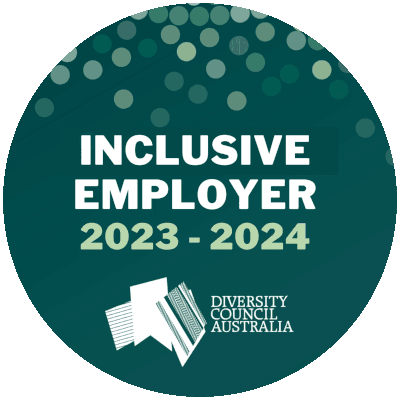On 15-17 May, the policy team from No to Violence attended the ANROWS 2nd National Research Conference – Acting on Evidence. The conference was held at the Sofitel Sydney (Wentworth), and Uncle Chicka Madden began the conference by welcoming delegates to Gadigal country. Uncle Chikka’s welcome was followed by opening addresses by Federal Assistant Minister for Children and Families, The Hon. Dr David Gillespie, newly appointed Chairperson of ANROWS Sam Mostyn, and ANROWS CEO Dr Heather Nancarrow.
In the afternoon of day one, the team from No to Violence attended a panel discussion exploring the challenges and opportunities in relation to data collection. The need for consistent and comprehensive data collection across the domestic and family violence (DFV) service system was identified by all speakers. The panellists were from a range of organisations including the Australian Bureau of Statistics, Department of Social Services, Australian Institute of Health and Welfare, and the University of Melbourne. The panel acknowledged the limitations of existing data sets and conference delegates emphasised the need to consider ethical priorities in handling victim/survivor data, and to collect Aboriginal and Torres Strait Islander data in a culturally safe manner while utilising the expertise and knowledge of community members. Importantly for specialist men’s family violence services, considerable gaps were identified in the collection of perpetrator data, with little perpetrator-risk specific information currently being captured, and data lacking the necessary detail to inform targeted and responsive interventions.
The morning of day two saw a powerful statement delivered by Aboriginal and Torres Strait Islander delegates entitled Warawarni-gu Guma, Healing Together. The statement and ceremony were followed by two sessions exploring Aboriginal and Torres Strait Islander experiences and discourses of DFV. Strong themes emerged across the morning’s sessions which emphasised community control, whole-of-family and community approaches, recognition of the legacy of colonization and displacement, and trauma-based approaches in responding to and preventing DFV within community. The No to Violence team were deeply moved by the courage, vulnerability and wisdom shared by Aboriginal and Torres Strait Islander speakers and delegates in these sessions and across the wider conference.
In the afternoon of day two, No to Violence team members attended different concurrent sessions exploring trans and gender diverse experiences of DFV, public health approaches to addressing DFV using trauma and violence informed care, and Indigenous research methods.
On the morning of day three, the No to Violence policy team heard from a panel of experts on risk and safety from a number of jurisdictions across the country. Evidence from the NSW Coroner’s Court Domestic Violence Death Review was presented, as well as practice-based learning from the integrated service response trials in Queensland, Safer pathway in NSW, and the academic review of the Common Risk Assessment Framework in Victoria. The discussion unfortunately did not have scope to discuss perpetrator dangerousness, however No to Violence remain hopeful that this an area of research that will emerge from current explorations of risk and safety.
It is impossible to detail the breadth and depth of ANROWS’ 2nd National Research Conference in such a small allocation of space. The conference saw leading researchers, policy makers and practitioners from around Australia come together to speak to the deep and complex work that we are all engaged in on a daily basis; the prevention and response to violence against women and children. The makeup of delegates was representative of the wider sector, with delegates being made up of 50% practitioners, 25% policy makers, and 25% researchers. The overarching theme of this year’s conference was ‘Acting on Evidence’ and accordingly practitioners, policy makers, and researches presented operationalisations of new and emerging evidence on a plethora of subjects including economic abuse, data collection and analysis, migrant and refugee women’s experiences of DFV, and adolescents’ use violence in the home.














